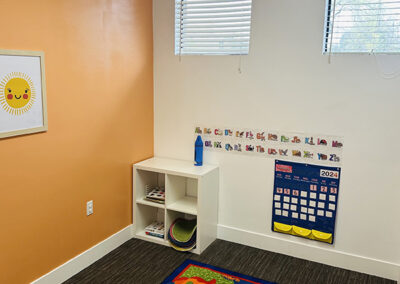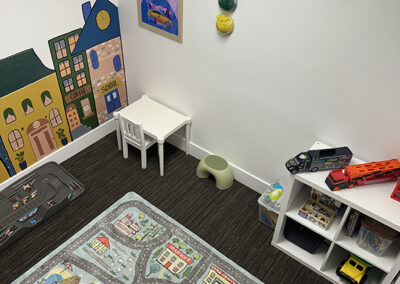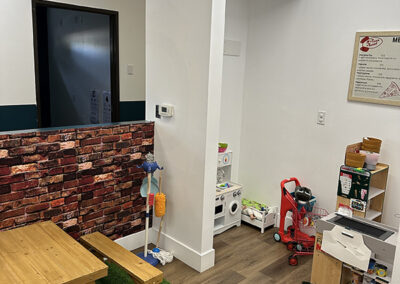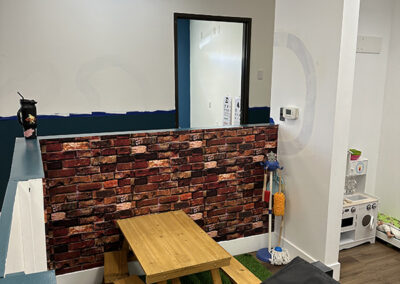Applied Behavior Analysis
Our Approach
Our integrated team of clinicians work together to collaborate and coordinate diagnostic and treatment services. We strive to reduce the stress of families to coordinate care amongst professionals in their child’s life to allow them to focus on their other priorities. Our focus is to identify each child’s unique talents, strengths, challenges and grow their self-confidence to help them navigate the modern world as autistic individuals.
DEPS provides therapy based on empirically supported teaching methods; Pivotal Response Treatment (PRT) and Naturalistic Developmental Behavioral Intervention (NDBI). We meet every child at their current developmental level and use a child lead, play based approach to help them learn pivotal skills. This includes consistent and intentional support in areas such as communication, play, social reciprocity, and executive functioning skills to name a few.

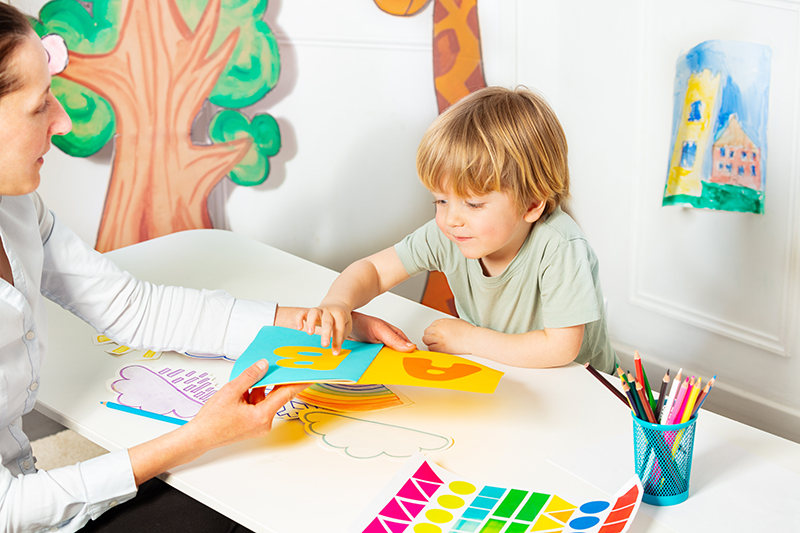
What is Pivotal Response Treatment (PRT)?
PRT uses a child’s natural motivation to teach new behaviors with a focus on communication and social skills. It supports “pivotal areas” of development that help children build the skills they will need to be successful in the context of their environment. Pivotal areas are foundational skills, that once learned, lead to more complex skills. Examples of pivotal areas include answering questions, participating, or initiating a conversation. Once the pivotal area of answering questions is learned, the more success an individual will have in having a conversation with others. PRT uses strategies to increase a child’s motivation and generalization of learned skills. These are important skills for a child to learn so they can ask for help in a variety of situations (being lost in a grocery store).
What is Naturalistic Developmental Behavioral Interventions (NDBI)?
NDBI are implemented in the natural environment with natural reinforcers and a focus on shared control between the child and the behavior technician. NDBI shares the same philosophy as PRT in addition to some principles of developmental psychology. Children are an active participant in their learning and developmentally appropriate learning opportunities help the child acquire new skills. NDBI includes the entire range of developmental areas, including play, motor skills, language, and cognitive skills.


